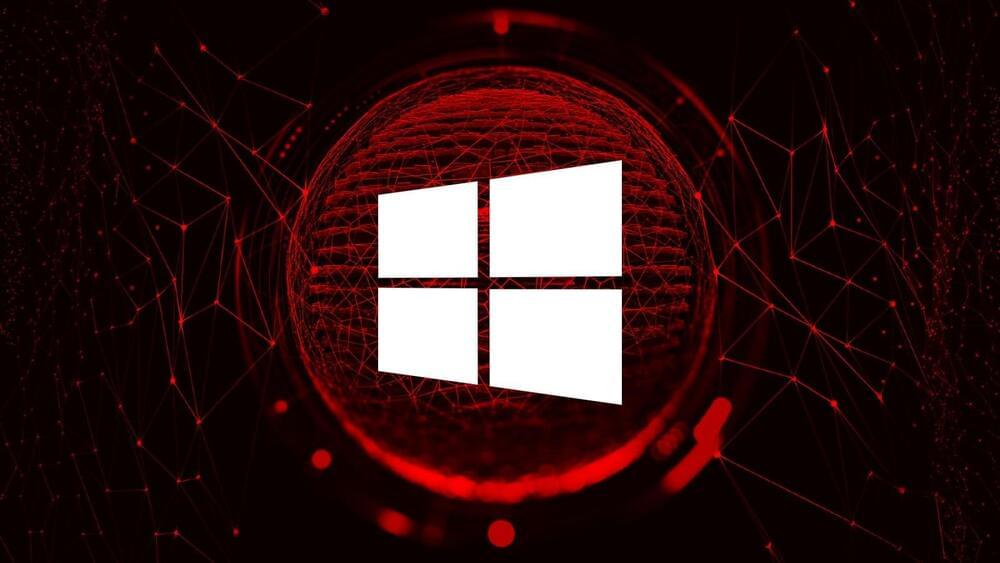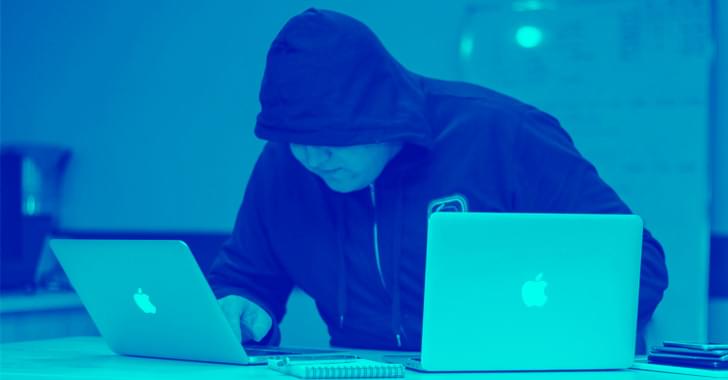The CCP
Use my link http://www.audible.com/isaac or text “ISAAC” to 500–500 to get a free book including a copy of George Orwell’s “1984” and a 30-day free trial of Audible.
We often worry about the possibility of a civilization developing methods of brainwashing to indoctrinate its population and turning into a totalitarian dictatorship. We will examine both existing and possible future methods and technologies for mind control, such as neuro-hacking and genetic programming, as well as the possible defenses against such brainwashing or conditioning and implications it has for civilization.
Visit our Website: http://www.isaacarthur.net.
Support us on Patreon: https://www.patreon.com/IsaacArthur.
SFIA Merchandise available: https://www.signil.com/sfia.
Social Media:
Facebook Group: https://www.facebook.com/groups/1583992725237264/
Reddit: https://www.reddit.com/r/IsaacArthur/
Twitter: https://twitter.com/Isaac_A_Arthur on Twitter and RT our future content.
SFIA Discord Server: https://discord.gg/v5UKTsz.
Listen or Download the audio of this episode from Soundcloud: Episode’s Audio-only version:








